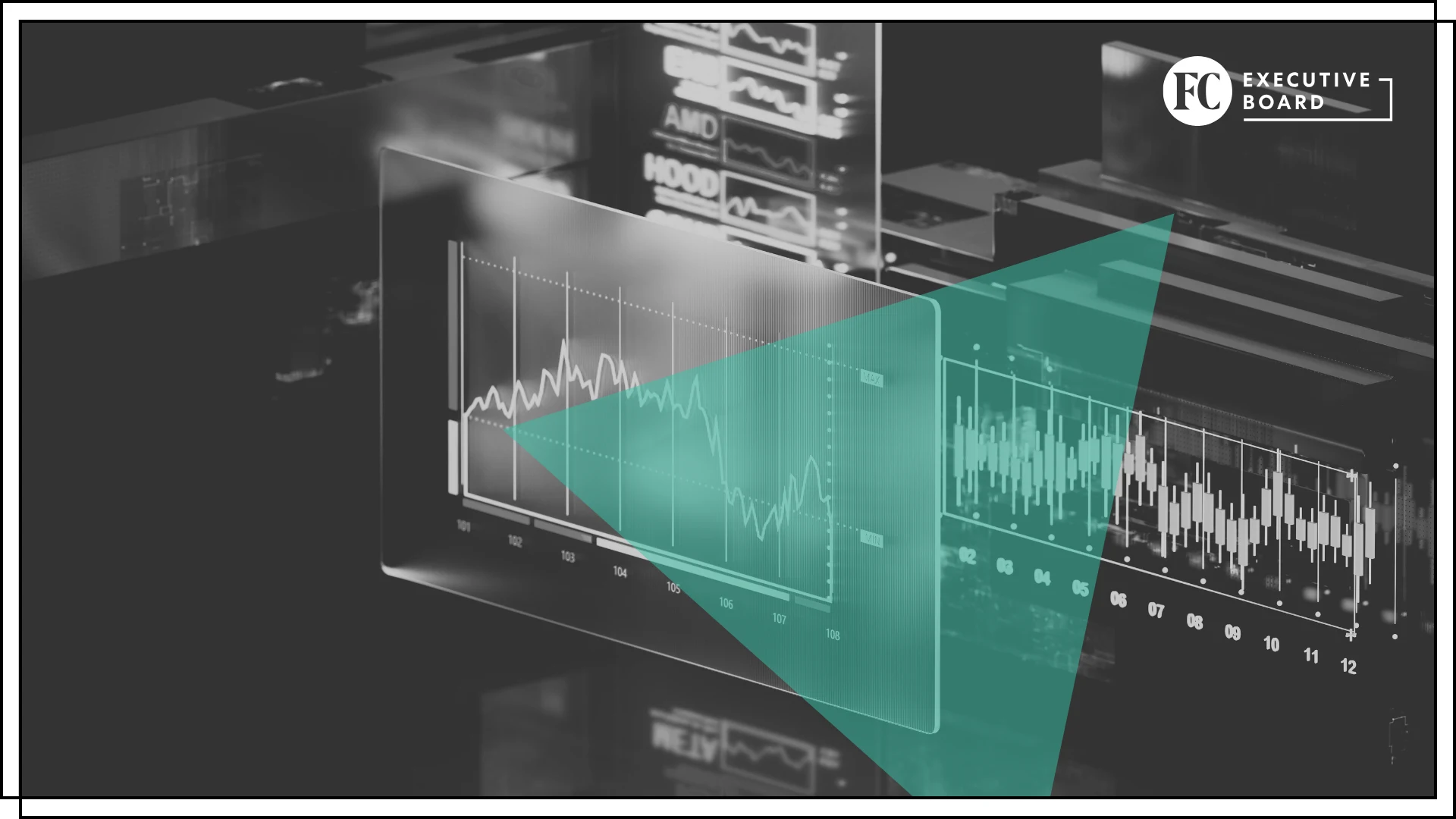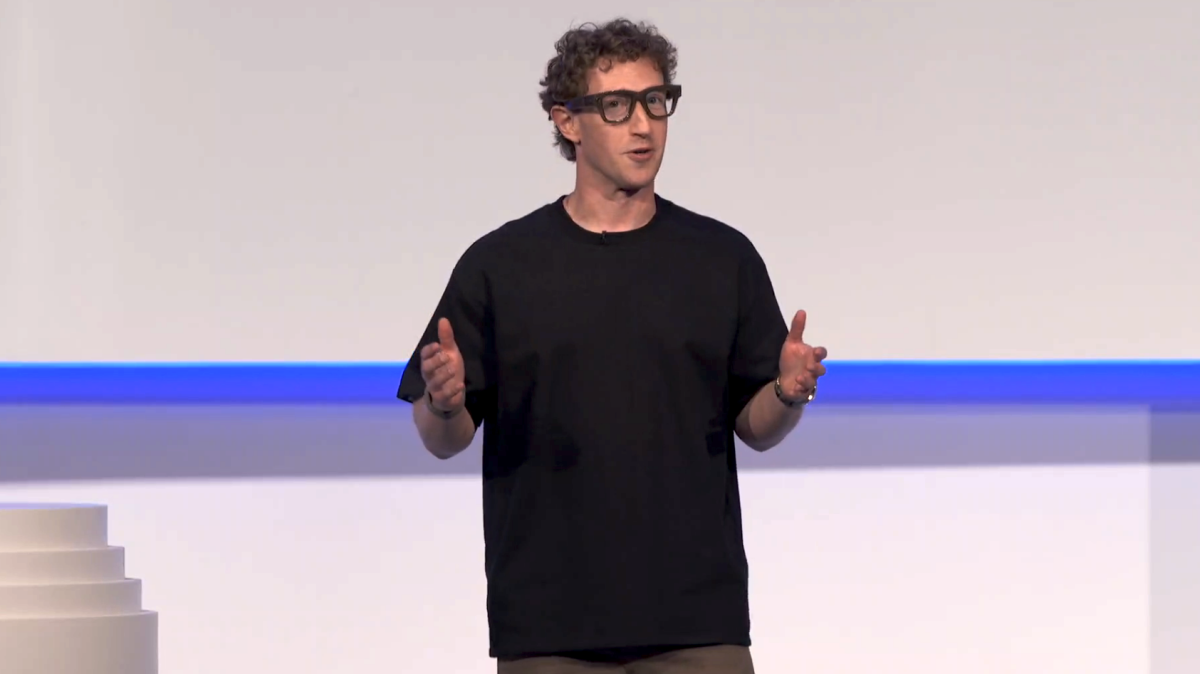
Every few decades, finance reinvents itself. The 1980s gave us index funds. The 2000s brought ETFs. In the last decade, crypto has reshaped the way we think about currencies and payments. The next wave is already forming: The tokenization of real-world assets (RWAs), and nowhere will this be more disruptive than incommodities. Directors, executives and corporate finance departments inside of mining companies need to turn their attention to these developments.
I’ve spent my career in the resource sector—from royalty and streaming companies to investing across critical minerals, uranium, and carbon. Over the last five years, I’ve watched blockchain evolve from a fringe technology into a financial infrastructure that some of the world’s biggest institutions are quietly adopting. The same rails that allow investors to own fractionalized shares of real estate or fine art are now being applied to barrels of oil, ounces of gold, and royalties from uranium mines.
This isn’t theory. It’s already happening. And it’s going to change how capital flows into commodities.
WHY TOKENIZATION MATTERS NOW
Tokenization simply means representing ownership of a real asset—say, 10 ounces of gold or a stream of oil or gas production—as a digital token on a blockchain. That token can then be traded, split into fractions, and settled in real time.
Subscribe to the Daily newsletter.Fast Company’s trending stories delivered to you every day
Privacy Policy
|
Fast Company Newsletters
Why does this matter? Three reasons stand out:
Liquidity: Commodities and royalties are often illiquid, private, or restricted to specialist investors. Tokenization unlocks secondary markets, allowing investors to trade exposures with the ease of buying a stock.
Access: A young investor can’t easily buy into an oil royalty or a uranium stream today. With tokens, they could own $50 worth of exposure to a producing asset—democratizing access to an asset class that was historically reserved for institutions.
Transparency: Blockchain offers immutable records of ownership and transaction history. In a sector plagued by opaque contracts and intermediaries, transparency builds trust.
GOLD IS THE PROOF OF CONCEPT
If you want proof that tokenization works, look no further than gold. Products like Tether Gold (XAUT) andPAX Gold (PAXG) already allow investors to buy tokens backed by allocated gold bars held in secure vaults. The combined market capitalization is in the billions—small compared to the $13 trillion global gold market, but a signal of what’s to come.
For investors, these tokens function much like an ETF—but with the added benefit of 24/7 trading and the ability to move seamlessly across digital asset exchanges. In other words, gold has shown that tokenized commodities can scale and coexist alongside traditional financial products.
THE NEXT WAVE: OIL, GAS, AND URANIUM
Gold is just the beginning. The real disruption comes when cash-flowing assets—not just vault-stored bullion—are tokenized. Imagine an oil royalty where monthly production is streamed directly to token holders, or a uranium stream where investors earn yield from pounds delivered under long-term contracts.
From my perspective in the resource sector, these are not science fiction. The contracts already exist. Tokenization simply changes the wrapper. Instead of a private deal negotiated between two institutions, the exposure could be packaged into a tokenized instrument available globally.
This matters because resource projects are capital-intensive. Junior oil, gas, and mining companies constantly face financing bottlenecks. Tokenization could connect them to a global pool of retail and institutional investors in ways traditional exchanges never could.
advertisement
WHAT’S DRIVING ADOPTION
Skeptics will ask: Why now?
Institutional buy-in: BlackRock, JPMorgan, and Fidelity are all piloting tokenization platforms. If the largest asset managers are allocating resources, this isn’t a passing trend.
Regulatory clarity: Jurisdictions like Singapore, Switzerland, and the UAE are building frameworks that allow tokenized assets to operate within legal financial systems.
Technology maturity: Settlement and custody infrastructure has improved dramatically, making large-scale adoption feasible.
We’re at the point where the rails, rules, and participants are aligning. That’s when revolutions in finance happen.
CHALLENGES AHEAD
Tokenization isn’t without hurdles. Regulation in the U.S. remains fragmented. Custody and audit standards are still being developed. And, perhaps most importantly, traditional investors are cautious about anything “crypto-adjacent.”
But the same criticisms were leveled at ETFs in the early 1990s. Back then, few believed investors would adopt them en masse. Today, ETFs represent over $12 trillion globally. The arc of innovation is always the same: skepticism, experimentation, then ubiquity.
WHAT EXECUTIVES SHOULD BE THINKING ABOUT
Here’s the bottom line: Tokenization of commodities won’t just matter for mining executives or oil companies. It will matter for any corporate leader whose business depends on access to raw materials, financing, or investor trust.
CFOs should begin modeling tokenized assets as part of capital-raising strategies.
CEOs should consider how tokenization might influence their supply chain, financing, and customer base.
Investors should understand that access to once-private commodity streams is about to open up—and competition will follow.
The companies that ignore this trend risk being left behind, just as those who dismissed ETFs or digital payments found themselves playing catch-up.
THE BIG PICTURE
Tokenization of commodities is more than a financial curiosity. It’s part of a larger shift: The merging of physical assets with digital finance. In a world where critical minerals, energy security, and supply chains are top of mind for governments and corporations alike, tokenization offers a tool to mobilize capital faster, more transparently, and more inclusively.
For those of us who have lived through multiple cycles in the resource sector, it’s clear: The rails of finance are shifting. The question isn’t whether commodities will be tokenized. It’s who will lead—and who will be left behind.
Anthony Milewski is the founder of The Oregon Group.



